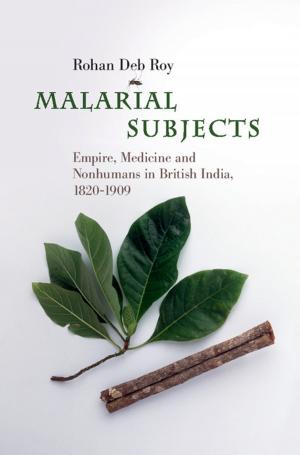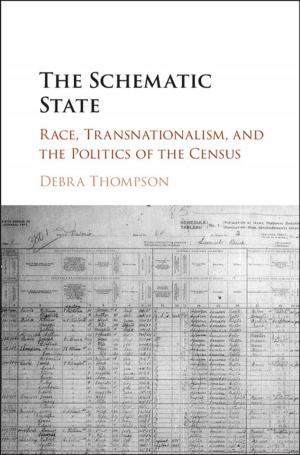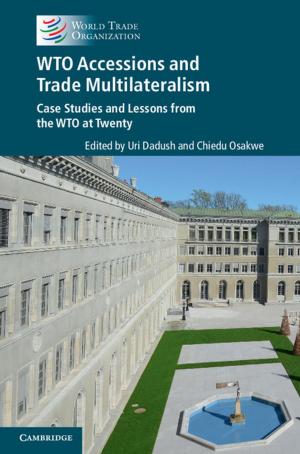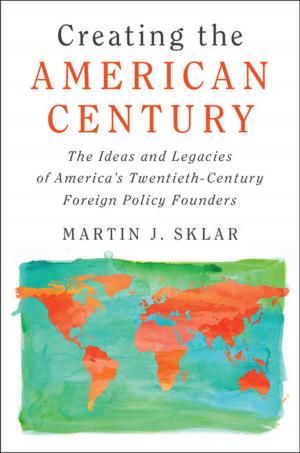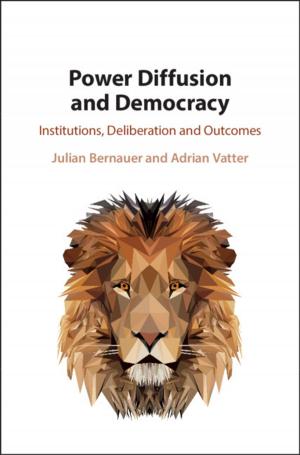Why Things Matter to People
Social Science, Values and Ethical Life
Nonfiction, Social & Cultural Studies, Social Science, Sociology, Religion & Spirituality, Philosophy| Author: | Andrew Sayer | ISBN: | 9781139012539 |
| Publisher: | Cambridge University Press | Publication: | January 20, 2011 |
| Imprint: | Cambridge University Press | Language: | English |
| Author: | Andrew Sayer |
| ISBN: | 9781139012539 |
| Publisher: | Cambridge University Press |
| Publication: | January 20, 2011 |
| Imprint: | Cambridge University Press |
| Language: | English |
Andrew Sayer undertakes a fundamental critique of social science's difficulties in acknowledging that people's relation to the world is one of concern. As sentient beings, capable of flourishing and suffering, and particularly vulnerable to how others treat us, our view of the world is substantially evaluative. Yet modernist ways of thinking encourage the common but extraordinary belief that values are beyond reason, and merely subjective or matters of convention, with little or nothing to do with the kind of beings people are, the quality of their social relations, their material circumstances or well-being. The author shows how social theory and philosophy need to change to reflect the complexity of everyday ethical concerns and the importance people attach to dignity. He argues for a robustly critical social science that explains and evaluates social life from the standpoint of human flourishing.
Andrew Sayer undertakes a fundamental critique of social science's difficulties in acknowledging that people's relation to the world is one of concern. As sentient beings, capable of flourishing and suffering, and particularly vulnerable to how others treat us, our view of the world is substantially evaluative. Yet modernist ways of thinking encourage the common but extraordinary belief that values are beyond reason, and merely subjective or matters of convention, with little or nothing to do with the kind of beings people are, the quality of their social relations, their material circumstances or well-being. The author shows how social theory and philosophy need to change to reflect the complexity of everyday ethical concerns and the importance people attach to dignity. He argues for a robustly critical social science that explains and evaluates social life from the standpoint of human flourishing.

